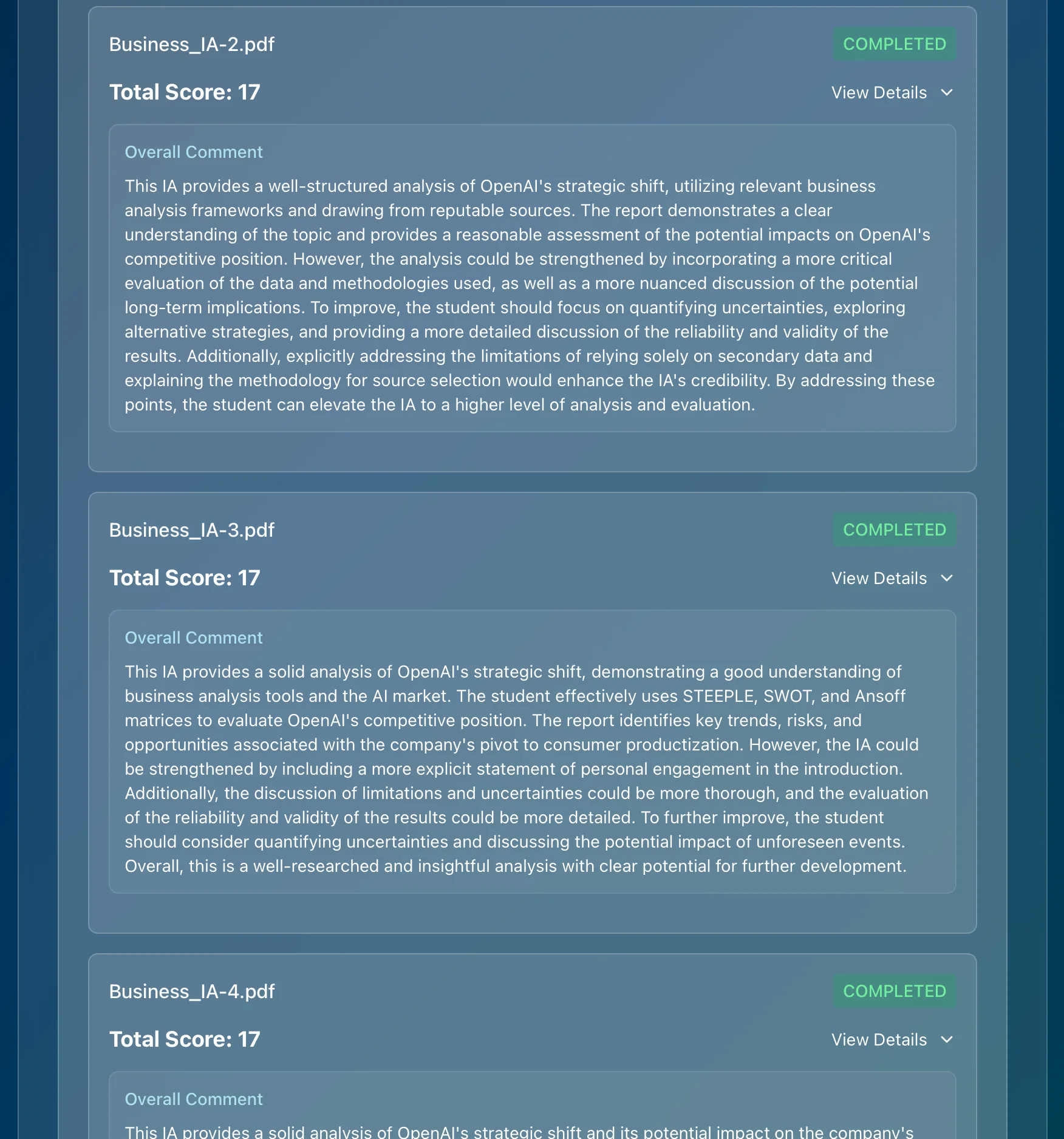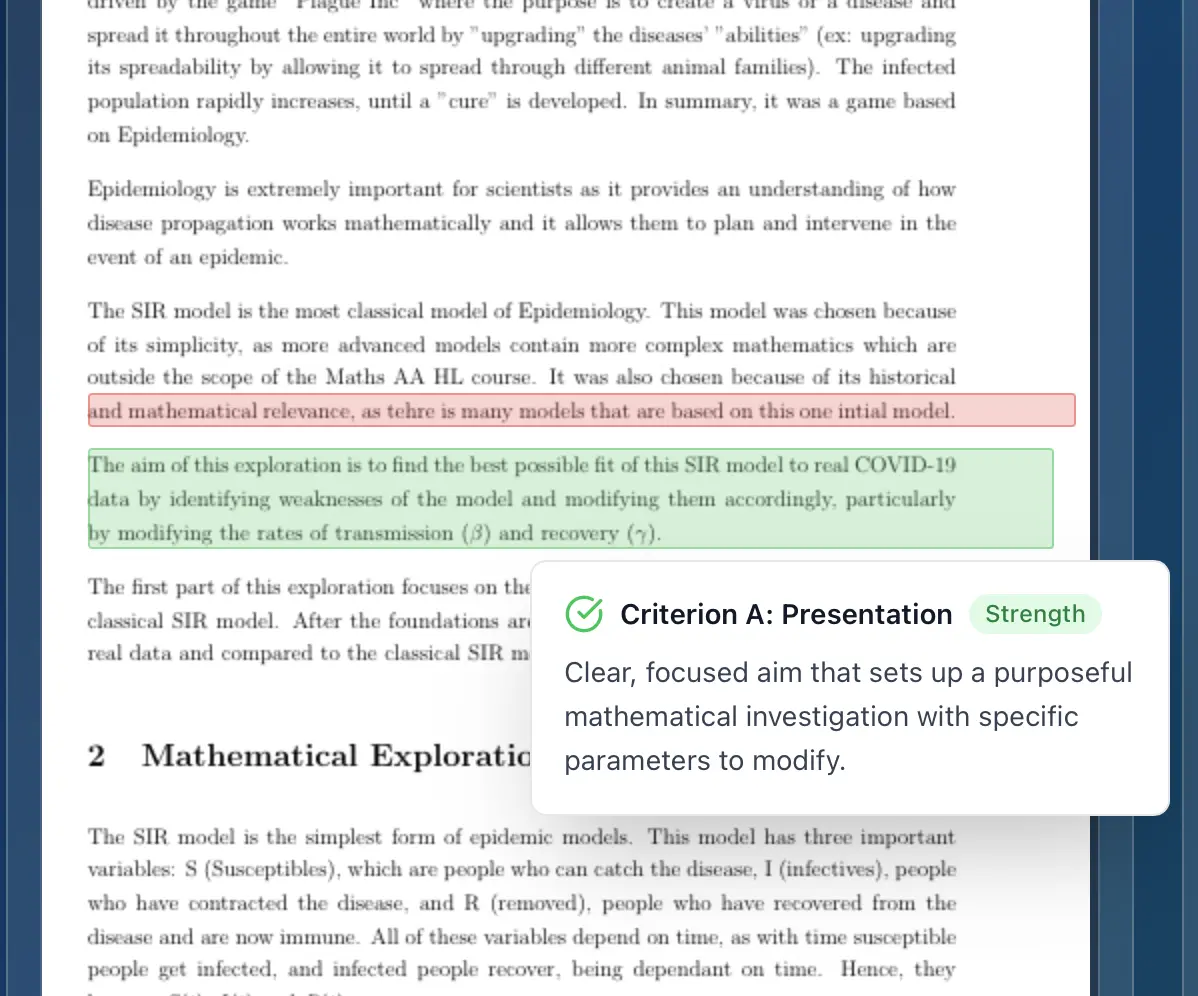Crafting a Strong Argument in Your Global Politics Extended Essay
Are you an IB student tackling the Global Politics Extended Essay? If so, you're likely wondering how to craft a strong, persuasive argument that will impress your examiner and earn you top marks. This guide will provide you with a comprehensive roadmap, covering everything from choosing a compelling topic to structuring your argument and refining your analysis. We'll delve into the specific IB rubric criteria and offer actionable strategies to help you excel. By the end of this post, you'll have the tools and knowledge necessary to write a Global Politics Extended Essay that showcases your understanding of global issues and your ability to think critically.
Introduction (Answer the Query Immediately)
The Global Politics Extended Essay is a challenging but rewarding component of the International Baccalaureate (IB) Diploma Programme. A crucial element for success is the ability to construct a well-reasoned and evidence-based argument. This means going beyond simply describing a political issue; you need to develop a clear thesis, support it with credible sources, and analyze the issue from multiple perspectives. This guide will walk you through the process of crafting a strong argument, from selecting a relevant topic and formulating a focused research question, to structuring your essay and presenting your findings effectively. We'll also explore common pitfalls and offer advanced strategies to help you achieve a high score. Let's dive in and unlock the secrets to a stellar Global Politics Extended Essay!
Struggling with IB Assessments?
Get instant, detailed feedback on your work with AI that understands IB criteria.

Core Content Sections
Choosing a Compelling Topic and Research Question
The foundation of a strong argument lies in a well-chosen topic and a focused research question. According to Criterion A: Focus and Method, your topic should be a contemporary global political issue, and its significance should be well-explained.
- Relevance is Key: Select a topic that genuinely interests you and that you can connect to current global events. Consider issues like climate change, international trade, human rights, or conflict resolution.
- Specificity Matters: Avoid broad topics like "global poverty." Instead, narrow your focus to a specific aspect, such as "The impact of microfinance on poverty reduction in rural Bangladesh."
- Formulate a Focused Research Question: Your research question should be clear, concise, and answerable within the scope of the Extended Essay. Avoid questions that are too broad or simply require a descriptive answer.
- Example of a weak research question: "What are the causes of the Syrian civil war?" (Too broad and descriptive)
- Example of a strong research question: "To what extent did external intervention exacerbate the Syrian civil war from 2011-2015?" (Focused, analytical, and time-bound)
Understanding the Global Political Context
Criterion B: Knowledge and Understanding, emphasizes the importance of demonstrating a strong understanding of the global political context.
- Connect to Theories and Concepts: Relate your chosen topic to relevant theories and concepts in global politics, such as realism, liberalism, constructivism, or dependency theory.
- Identify Key Actors and Institutions: Analyze the roles of different actors, such as states, international organizations (e.g., the UN, WTO), non-governmental organizations (NGOs), and multinational corporations (MNCs).
- Recognize Social and Cultural Influences: Consider how social and cultural factors, such as identity, religion, and ethnicity, shape political attitudes and behaviors.
Example: If your research question focuses on the effectiveness of the International Criminal Court (ICC), you should demonstrate an understanding of the ICC's mandate, its relationship with states, and the political challenges it faces in prosecuting individuals accused of war crimes and crimes against humanity.
Constructing a Reasoned Argument
Criterion C: Critical Analysis, is arguably the most important criterion, as it assesses your ability to construct a reasoned argument and support it with evidence.
- Develop a Clear Thesis Statement: Your thesis statement should be a concise summary of your main argument. It should clearly state your position on the research question and provide a roadmap for your essay.
- Example: "While the ICC has achieved some success in prosecuting individuals accused of war crimes, its effectiveness is limited by its dependence on state cooperation and its perceived bias against African leaders."
- Provide Evidence-Based Support: Support your argument with credible evidence from academic sources, such as scholarly articles, books, and reports from reputable organizations.
- Analyze Evidence Critically: Don't just present evidence; analyze it critically. Explain how the evidence supports your argument and address any potential counterarguments.
- Use Counterarguments Effectively: Acknowledge and address counterarguments to demonstrate your understanding of the complexity of the issue. Explain why your argument is stronger than the counterarguments.
- Structure Your Essay Logically: Organize your essay in a logical manner, with a clear introduction, body paragraphs, and conclusion. Each body paragraph should focus on a specific aspect of your argument and be supported by evidence.
Structuring Your Essay for Maximum Impact
A well-structured essay is crucial for conveying your argument effectively. Criterion D: Presentation, assesses the clarity, organization, and academic conventions of your essay.
- Introduction: Introduce your topic, provide background information, state your research question, and present your thesis statement.
- Body Paragraphs: Each body paragraph should focus on a specific aspect of your argument. Start with a topic sentence that introduces the main point of the paragraph, followed by evidence and analysis.
- Conclusion: Summarize your main argument, restate your thesis statement, and discuss the implications of your findings. Avoid introducing new information in the conclusion.
- Use Headings and Subheadings: Use headings and subheadings to organize your essay and make it easier for the reader to follow your argument.
- Follow Academic Conventions: Use proper citation methods (e.g., MLA, APA) and include a bibliography.
Demonstrating Engagement and Reflection
Criterion E: Engagement, assesses your reflection on the research process, including decision-making, planning, and skills developed.
- Reflect on Your Choices: Explain why you chose your topic, research question, and methodology.
- Discuss Challenges and Setbacks: Acknowledge any challenges or setbacks you encountered during the research process and explain how you overcame them.
- Evaluate Your Learning: Reflect on what you learned from the research process and how it has changed your understanding of global politics.
Common Challenges/Mistakes Section
Many students struggle with the Global Politics Extended Essay. Here are some common challenges and mistakes to avoid:
- Choosing a Topic That Is Too Broad: As mentioned earlier, selecting a broad topic can make it difficult to develop a focused argument.
- Solution: Narrow your focus to a specific aspect of the issue and formulate a clear research question.
- Failing to Provide Evidence-Based Support: Relying on personal opinions or anecdotal evidence can weaken your argument.
- Solution: Support your argument with credible evidence from academic sources.
- Lack of Critical Analysis: Simply summarizing information without analyzing it critically can result in a superficial essay.
- Solution: Analyze the evidence you present and explain how it supports your argument.
- Ignoring Counterarguments: Failing to acknowledge and address counterarguments can make your argument seem biased or incomplete.
- Solution: Acknowledge and address counterarguments to demonstrate your understanding of the complexity of the issue.
- Poor Structure and Organization: A poorly structured essay can be difficult to follow and can weaken your argument.
- Solution: Organize your essay in a logical manner, with a clear introduction, body paragraphs, and conclusion.
Pro Tip: Get AI-Powered Grading
Stop second-guessing your grades. Get instant feedback aligned with official IB rubrics.

Advanced Tips/Strategies Section
Ready to take your Global Politics Extended Essay to the next level? Here are some advanced tips and strategies:
- Engage with Primary Sources: Whenever possible, engage with primary sources, such as government documents, policy reports, or interviews with key actors.
- Conduct Original Research: Consider conducting original research, such as surveys or interviews, to gather your own data.
- Develop a Nuanced Argument: Avoid simplistic or black-and-white arguments. Acknowledge the complexity of the issue and develop a nuanced argument that takes into account multiple perspectives.
- Connect to Real-World Events: Relate your argument to current events and demonstrate the relevance of your research to contemporary global politics.
- Seek Feedback from Your Supervisor: Regularly seek feedback from your supervisor throughout the research process.
Technology and Modern Assessment Section
Technology is transforming the way we approach IB assessments, including the Global Politics Extended Essay. AI-powered tools are becoming increasingly valuable for both students and teachers. For students, AI can assist with research, analysis, and writing. For teachers, AI grading assistants can streamline the assessment process and provide more consistent and detailed feedback.
Marksy is a leading AI grading assistant specifically designed for the International Baccalaureate. It uses official IB rubrics to provide instant, accurate, and detailed feedback on student work, including Global Politics Extended Essays. Marksy helps teachers save time and ensure that their grading is aligned with IB standards. It also provides students with valuable insights into their strengths and weaknesses, allowing them to improve their work and achieve higher scores.
Marksy's rubric-aligned scoring and criterion-by-criterion feedback can be particularly helpful for the Global Politics Extended Essay. It ensures that students understand exactly how their work is being assessed and provides them with specific suggestions for improvement based on the official IB criteria. This can be especially beneficial for Criterion C: Critical Analysis, where students need to demonstrate their ability to construct a reasoned argument and support it with evidence. Marksy can help students identify areas where their analysis is weak or unsupported and provide them with guidance on how to strengthen their argument.
By leveraging AI tools like Marksy, teachers can provide more effective and efficient feedback, while students can gain a deeper understanding of the IB assessment criteria and improve their performance.
Conclusion with Clear Next Steps
Crafting a strong argument in your Global Politics Extended Essay requires careful planning, rigorous research, and critical analysis. By following the strategies outlined in this guide, you can develop a compelling argument that showcases your understanding of global issues and your ability to think critically. Remember to choose a relevant topic, formulate a focused research question, support your argument with evidence, and structure your essay effectively. Don't be afraid to seek feedback from your supervisor and leverage technology to enhance your research and writing.
Ready to take your Global Politics Extended Essay to the next level?
- Review the IB rubric carefully: Ensure you understand the specific criteria for each assessment category.
- Start your research early: Don't wait until the last minute to begin your research.
- Seek feedback from your supervisor: Regularly seek feedback from your supervisor throughout the research process.
- Explore AI-powered tools: Consider using AI tools like Marksy to enhance your research, writing, and assessment.
Want to experience the power of AI-driven feedback for your IB assessments? Try Marksy for free today and see how it can help you achieve your academic goals! [Link to Marksy Free Trial]